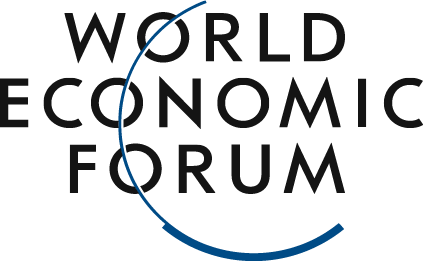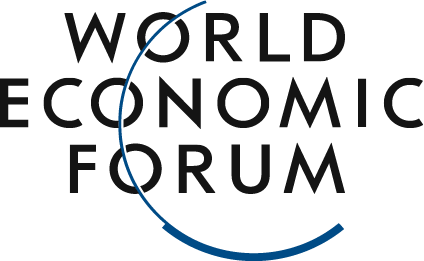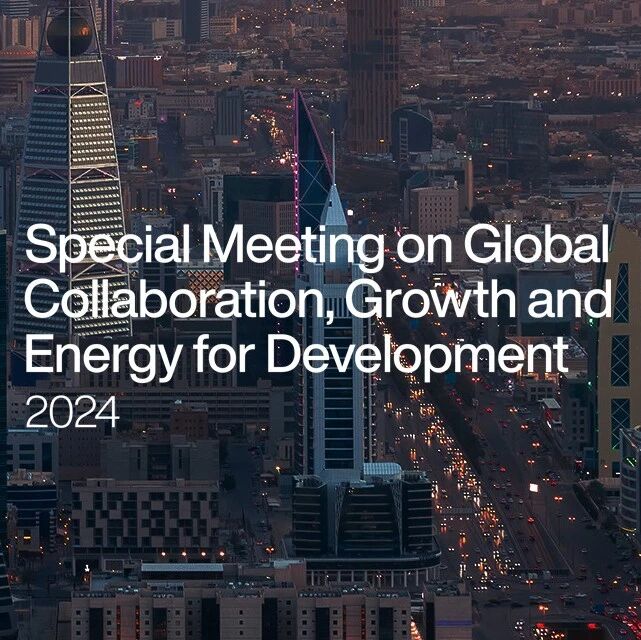If we want to achieve a nature-positive state by 2030, we must reverse the declining trend in biodiversity.
Image source:Unsplash/Robert Lukeman
Zhu Chunquan
Global Head of the Nature Initiative, Greater China, World Economic Forum
Wu Qian
Partner and Director, Climate & Sustainability at Oliver Wyman Advisory
Hu Yue
Head of the World Economic Forum’s Nature Action Agenda
If we want to achieve a nature-positive state by 2030, we must reverse the declining trend in biodiversity—but so far, there are no signs of a major turnaround.
The World Economic Forum's "New Nature Economy Series Report" estimates that by 2030, achieving nature-positive transformations across key socio-economic systems could unlock annual business opportunities worth $10.1 trillion.
Several strategies can help unlock the potential for nature-based transformation, including collaboration, regulatory and policy support, increased investment in nature-based solutions, and enhanced data quality and transparency across supply chains.
The global goal for nature and biodiversity is to achieve nature's recovery by 2030—moving from the 2020 baseline toward significant improvement. This requires us to reverse, rather than merely halt, the current trend of biodiversity loss.However, as the critical decade-long window is nearing its midpoint, the trajectory of biodiversity loss has yet to show any significant turnaround. Therefore, we urgently need to step up our efforts, broaden our impact, and accelerate the transition toward a future that benefits nature.The World Economic Forum's "New Nature Economy Series Report" provides a compelling economic rationale for this transformation. The report forecasts that by 2030, the full-scale adoption of nature-based solutions across three major socio-economic systems will unlock business opportunities worth an estimated $10.1 trillion annually—of which roughly 20% will take place in China.The three critical socio-economic systems—food, land and ocean use, infrastructure and the built environment, as well as energy and extraction—are the cornerstones of our economy. A wide range of economic sectors, deeply intertwined with these systems, are at the forefront of shaping and driving crucial transformations.How should stakeholders from all sectors of society understand the complex agenda for nature? And what are the essential elements that can help us transition toward a nature-positive economy—and unlock these $10.1 trillion in business opportunities?It's time to embark on a transformative journey toward nature-based benefits.To support the implementation of the landmark Kunming-Montreal Global Biodiversity Framework, parties are urgently developing strategic plans and action initiatives. Meanwhile, a growing number of regulators, investors, and customers are calling on businesses to take decisive action.“Nature shouldn’t come at no cost,” said Andre Hoffmann, Chairman of Massellaz SA. “Many of the services nature provides are currently free—but that’s precisely why we’re in danger of losing it altogether. We need a robust decision-making framework to assess the impact of our actions: one that accounts for social, human, and natural capital. Above all, we urgently require leaders who can drive real change—leaders who possess both a visionary mindset and a keen ability to ensure sustainable prosperity today.”Hua Jingdong, Vice Chair of the International Sustainability Standards Board, noted: "Over the past three to four decades, investors have increasingly recognized the importance of environmental and broader sustainability factors in identifying business opportunities and mitigating risks. Only by unlocking the full potential of institutional investment—particularly in emerging markets and developing economies—can we seize the $10 trillion in untapped business opportunities. As for 'how to achieve this,' we need high-quality data, a unified global language, and a mandatory reporting framework comparable to financial reporting, all of which will empower institutional investors to make informed investment decisions.""Based on public feedback regarding future work plans, the International Sustainability Standards Board has launched a research project focusing on biodiversity, ecosystems, and ecosystem services, reflecting investors' growing interest in enhancing disclosure practices."China’s green, circular, and low-carbon development strategy aligns closely with the global agenda for nature-based solutions. In January 2024, China released its new "National Biodiversity Strategy and Action Plan 2023-2030" (in line with Article 6 of the Convention), designating "Businesses and Biodiversity" as one of its priority actions. On May 27, 2024, China’s Ministry of Finance unveiled a unified set of standards and launched a public consultation process, introducing a comprehensive Corporate Sustainability Disclosure Framework aimed at establishing a nationally consistent sustainability reporting system by 2030."The Chinese government's concept of green development aligns closely with the idea of benefiting nature. China is advancing green development projects tailored to its unique national conditions—for instance, deploying photovoltaic power generation in desertified areas of Inner Mongolia to help conserve water and prevent soil erosion. As vegetation cover and ecosystem service capacity improve, the country is gradually expanding agricultural activities, seamlessly integrating energy transition, ecological restoration, and support for local farmers' livelihoods," said Liu Shijin, China's chief advisor to the China Council for International Cooperation on Environment and Development.Businesses and financial institutions are taking action.Protecting and restoring nature is a relatively complex process, but several frameworks and guidelines already exist to help practitioners understand the critical importance of nature for businesses. These tools enable companies to assess their impact on biodiversity, manage risks associated with biodiversity loss, and even seize opportunities by aligning their strategies with goals that support conservation and ecological regeneration.Note: This table is not exhaustive. For more tools and guidance, please refer to the "Business Action Framework for Nature":https://www.businessfornature.org/highlevel-business-actions-on-nature-chinese
Image source:World Economic Forum
“,,,,,,”Client EarthDimitri de Boer(Cherie Nursalim):“,G20,”,(TPC),,:“?,,,·,‘’,‘’,,,”
Editor: Wang Can
The World Economic Forum is an independent and neutral platform dedicated to bringing together diverse perspectives to discuss critical global, regional, and industry-specific issues.
Follow us on Weibo, WeChat Video Accounts, Douyin, and Xiaohongshu!
"World Economic Forum"






